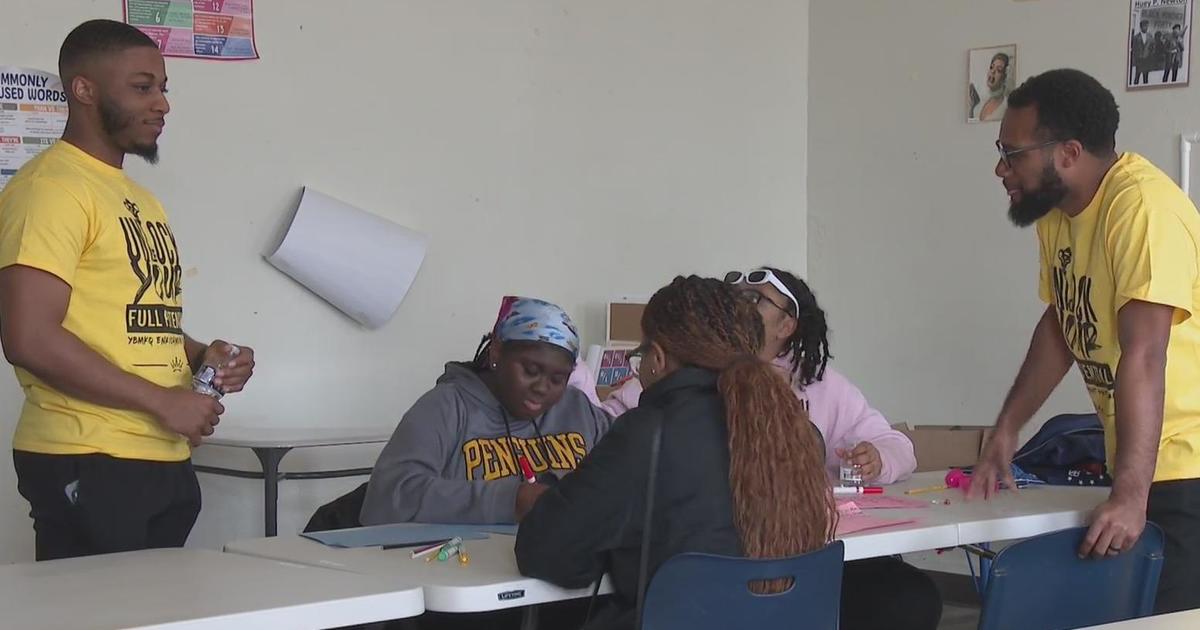'Growing Pains' Disease Difficult To Treat
BEAVER (KDKA) -- Less than a year ago, 6-year-old Jake Landis seemed like any other kid, but that's when the trouble started.
"Back in August, first week of school, he was complaining of thigh pain," says his mother, Kristin Landis, of Beaver. "We just thought it was growing pains. 'Oh, you're fine, you're fine, just suck it up.'"
But the pain went on, and they saw the pediatrician and an orthopedist. After weeks of tests, including an MRI, Jake was diagnosed with Perthes disease.
"I was devastated," says Kristin. "I came straight home, started doing all kinds of research, figuring out the best way to get it treated because I had no idea. I had never heard of it!"
You can think of your hip as a ball and socket. With Perthes, bits of the ball break down, so it doesn't fit so smoothly in the socket.
While part of the disease may be due interruption of the blood supply to the bone, there seems to be more to it than that and no one knows exactly why it happens.
"The problem is each Perthes disease is a little bit different," says Children's Hospital orthopedist Dr. Jan Grudziak. "The severity is different, the age of onset is different, the activity of kids is different, reaction to pain is different. There's no standard treatment."
Jake is treated at a hospital in Baltimore. He goes for an examination and x-rays every six weeks. He has been progressing slowly, but depending on what they see, he may have to go immediately to surgery, with the addition of stem cells.
"The consensus right now is that it's a promising technique and at the moment is purely experimental," says Dr. Grudziak.
In the meantime, he does physical therapy, wears the braces and uses a wheelchair to keep the pressure off his hips.
"No running, no jumping. The best thing for him is swimming, because it's non-weight bearing and he's moving his legs around," says Kristin.
Jake likes to swim, but has had to give up other things.
"He loves baseball, and he wanted to play football. That would've been his first year last year and obviously that didn't happen," says Kristin. "It's hard in a way to see everything he missed out on and he realizes it too."
The hip breakdown and natural healing and rebuilding progress over a decade, but even then his hips will have to be monitored closely.
"They said by the time he's in his late 30s early 40s he'll have to have a hip replacement," says Kristin.
RELATED LINKS
More Health News
PubMed Health: Perthes Disease



